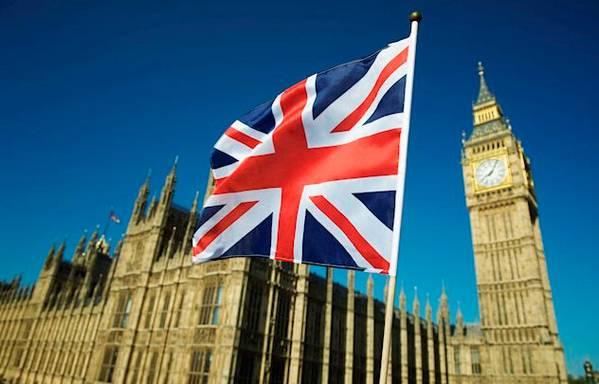LONDON, March 7 (Xinhua) -- Britain's upper chamber, the unelected House of Lords, defeated Theresa May's government for the second time Tuesday in a bill paving the way for triggering the process for leaving the European Union.
An amendment to the Article 50 bill designed to give the British parliament a "meaningful vote" on the final Brexit deal reached with Brussels was won with 366 votes against 268.
It was the largest vote in the House of Lords since 1993.
The House of Lords is currently scrutinizing the Article 50 bill as part of the process to make it lawful.
Last week, the Lords backed another amendment in what was seen as a challenge to May's government. That amendment was over the right of European citizens to remain in Britain after Brexit.
Under parliamentary procedures, the bill will return later this month to the elected House of Commons, where MPs will have the chance to overturn the amendments.
Lord Bridges, the government parliamentary under-secretary for exiting the EU urged peers not to support any of the amendments, saying May had already guaranteed a vote on the final deal by the houses of parliament.
"The need for the amendment comes down to a judgment on whether the government and its ministers can be trusted. We will honor our commitment to parliament," he said.
Bridges said similar amendments had already been rejected in the House of Commons where the article 50 bill was backed with a landslide majority.
Secretary of State for Exiting the European Union, David Davis, said after the vote "It is disappointing that the House of Lords has chosen to make further changes to a bill that the Commons passed without amendment. It has a straightforward purpose - to enact the referendum result and allow the government to get on with negotiating a new partnership with the EU."
There was some comfort for Prime Minister May earlier after the House of Lords rejected an amendment put forward by the minority Liberal Democratic party. Their call for a second referendum was defeated by 336 votes to 131.
May aims to trigger article 50 before the end of this month once it is given royal assent by Queen Elizabeth. Some political observers say May is likely well before the end of March to tell Brussels formally of Britain's withdrawal from the EU.




 A single purchase
A single purchase









